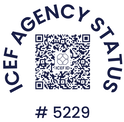|
With its world-famous beaches, surf culture and coffee; it's no wonder people flock from different corners of the globe to study in Australia. But it’s easy to soon feel overwhelmed by the sheer amount of information at our fingertips. Thankfully, Study Online Australia has answered the most common questions aspiring students ask our expert team. From student visa costs to the documents you’ll need to apply, find out everything you need to know below. What are the requirements for a student visa in Australia?In order to apply for a Student Visa (Subclass 500) in Australia, you must tick the below requirements (please note: the full list of requirements is individually based on each applicant and the college/university you choose):
For further information on what you need to apply for a student visa in Australia, visit our student blog. How much does a student visa cost?A Student Visa Subclass 500 in Australia costs $630 for a primary applicant (from July 1st 2020). You must also take into consideration the additional cost of Overseas Student Health Cover (OSHC) for yourself and accompanying family members. Additional fees which may occur are listed below:
If you apply for your student visa with Study Online Australia, our expert team will organise OSHC for you. We work closely with nib which offers competitive prices and an instant insurance certificate with your student visa lodgement. You can find up-to-date OSHC costs on our website. How long is a student visa in Australia?The length of your student visa depends upon the course you intend to study and additional time may be granted at the end of your studies depending on its length. Note, you can only extend your studies in Australia if long as your visa does not state ‘No Further Stay’. We recommend allowing at least three months to research your options and you must lodge your application before your current visa expires. The maximum length of stay for a student visa does not usually exceed 5 years. If you wish to extend your stay in Australia, please don’t hesitate to get in touch with our team. Our experienced education counsellors will explain your entry requirements, the enrolment process and assist with your student visa application. Is it easy to get a student visa in Australia?Aspiring students dreaming of living down under need to meet the set of entry requirements in order to qualify for a student visa. Can I bring my family to Australia on a student visa?The Department of Home Affairs allows certain students to bring their immediate family members (dependents) with them to Australia. This may include your spouse, de facto partner (whom you have been living with for a minimum of 12 months) or children under the age of 18. It’s important to bear in mind that work rights granted for the dependent partner will depend on the course of study chosen. You must declare all members of your family on your student visa application. What is the best course for PR (permanent residency)?A large number of international students fall in love with Australia and want to gain permanent residency (PR). In order to live and work here permanently, the most common ways are via Skilled Migration, State Nomination or Employer Nomination. The list of occupations which are prioritised by the government can change at any time so it’s wise to choose a course which has PR prospects and will continue to be in demand over the coming years. For instance, the most sought-after courses are often related to the following: Education, Computer and Information Technology, Nursing and Construction. We highly recommend seeking legal advice from a registered MARA agent who will be able to assess your personal situation. Alternatively, you can contact Home Affairs for support. As a registered student visa education agency, we specialise in giving advice on the student visa application process.. You can find up-to-date information on cheap courses in Australia on our website. How long does it take to get a student visa in Australia?Student visa processing times in Australia can vary but it is highly recommended that you start preparing the appropriate documents three months in advance. If your current visa is expiring and you would like to extend your stay in Australia, please don’t hesitate to get in touch with our team for free advice. Can I apply for a student visa in Australia on my own?You can apply for a student visa in Australia on your own but it’s highly recommended that you seek professional help. Study Online Australia is a registered student visa online education agency in Australia and has successfully helped hundreds of international students from around the world. Our expert team can help to find the right course for you and will assist with your documents, GTE letter and eventual enrolment. The best part? You don’t pay anything for our services, we’re fully funded. Is it easy for international students to get a job in Australia?Studying in Australia gives students a once-in-a-lifetime opportunity to expand their skills and experience. In turn, this can lead to greater job prospects.
Head over to our guide on working in Australia for top tips on writing a resume and for Student Visa Subclass 500 work conditions. If you have any questions, please don’t hesitate to get in touch with our expert team for free advice and support. Study smarter, choose Study Online Australia.
1 Comment
International Student Visa Pre-departure Guide For International Students Coming To Australia1/14/2021 What to do before you leave AustraliaYour student visa has been granted, hoorah! You’re about to embark on the biggest adventure of your life and our handy pre-departure guide will make sure you’re all ready to go. From the documents you’ll need at the airport to what you should prioritise once you touch down, we’re rounded up everything you need to know before catching your flight. Make sure your passport is in date This is undoubtedly one of the most crucial items to pack first. It’s recommended that your passport is valid for at least six months. Make printed copies of your passport and visa It’s a good idea to make two printed copies of your passport and visa. Bring one copy with you and leave on with someone trustworthy at home. This will safeguard you from any problems if you lose the original copies. Covid-19 and the border requirements All passengers arriving by air into Australia should complete the Digital Passenger Declaration(DPD). You can start your DPD seven days before your flight and submit it within 72 hours before your departure for Australia. This is because you must provide health information and declaration (vaccination status and if required COVID-19 test result) within 72 hours before flight. IMPORTANT: Always check check for updated information prior arrival to Australia on the Department of Home Affairs website. Book your flights and check your airlines COVID-19 requirements on all flights Once your student visa has been granted, you can finally book your flights (this is our favourite step, too!). If possible, try to arrive at least one to two weeks before orientation in order to allow time to settle in, meet people and overcome jet lag. Organise airport pickup You may decide to take a taxi or public transport from the airport to your accommodation. If not, it’s a good idea to organise airport pickup before arriving in Australia. Make sure you have a printed copy of the address of your accommodation to hand in case of any issues. Contact your bank You must tell your current bank that you are travelling overseas. This will ensure that you can withdraw and transfer funds until you can set up an Australian bank account. Exchange money There are money exchange offices in Australian airports but it’s highly recommended that you have the correct currency to hand before leaving your home country. This will save both time and money. The Department of Foreign Affairs and Trade recommends students bring approximately AUD $500 to cover food and temporary accommodation costs when you first arrive. Australia accepts most major debit and credit cards. Make a list of emergency contacts It’s a good idea to make a list of emergency contacts before leaving for Australia. This may include members of your family, friends, accommodation and your education provider. If you have used an education agent such as Study Online Australia, it’s recommended that you keep their details on you in case you need help or support during your stay. Create a folder for your important documentation It’s highly recommended that you pack a folder of important documentation before travelling. This may include the below:
Keep in touch with family and friends Make sure to keep your family and/or friends up to date with your journey. Let them know once you have arrived safely. What to do once you arrive in AustraliaOpen an Australian bank account One of the first things you should prioritise upon arrival is opening an Australian bank account. The most common Australian banks are listed below:
Bank hours vary but most operate between 9am - 5pm and are closed on Sundays. ATMs remain open 24 hours a day and many banks offer cardless cash in case of emergencies. Important: please be careful and look after your personal belongings if accessing cash from an ATM at night. To open a bank account, you may need the following:
Check out our handy guide on how to open a bank account in Australia for further information. Purchase an Australian SIM card Another top priority within your first few days is purchasing an Australian SIM card so that you can text and make calls abroad with ease. You can find a list of Australian mobile phone providers on our website. Apply for a TFN and/or ABN number If you are planning on working and living in Australia for more than six months, you are considered an Australian resident for tax purposes. To commence work, you must apply for a TFN number through the Australian Tax Office. You will also be required to lodge a tax return at the end of the financial year (June 30). Any income tax deductions made by your employer will be returned if you earned less than $18,200 in one year. If you are freelance, you will need to apply for an ABN number through the Australian Tax Office. You can find further information on how to get a job in Australia on our blog. Organise extra OSHC cover
OSHC can be organised on your behalf by Study Online Australia. But it is your responsibility to understand what this does and does not cover. If you would like to protect yourself for future dental, optical or physiotherapy treatments then it is up to you to organise additional private health insurance. There is the option to purchase extra packages on nib. Check out our handy OSHC guide for further information. If you have any questions, please don’t hesitate to get in touch with our expert team. Study smarter, choose Study Online Australia. International students are busy. When they don’t have their heads in books, they’re making friends from around the world, working different jobs and exploring their new home. So it’s not surprising that a large number of students don’t know much about superannuation when touching down in Australia. From who is entitled to setting up a fund to claiming your money after leaving the country, we’ve rounded up everything you need to know about superannuation below. What is superannuation?Superannuation, commonly referred to as ‘super’, is a way of saving money for retirement in Australia. If you are working a certain number of hours for your employer, you may qualify for a super contribution from your workplace. Am I entitled to a super fund?If your monthly wage is more than AU$450 before tax, your employer must contribute an additional sum of 9.5% of your wage into a super account on your behalf. This applies to full-time, part-time and some casual employees. You have a legal right to ask your employer if your wage includes superannuation. You can find out more about the Australian tax system on our website. Where can I find my super fund?If you have worked for several different employers, you may have more than one super account. In order to find your super, use the DASP online application system or contact the Australian Tax Office. Can I claim my superannuation after leaving Australia?Whilst you are living in Australia, your superannuation contributions must stay in your fund. You may be able to claim your super after you leave the country if you meet the below requirements:
Can I access my superannuation early?Temporary residents in Australia were able to draw up to $10,000 out of their superannuation as part of Covid-19 early release. The deadline for applications ended on 31 December 2020 though payments will continue to be processed well into January 2021 for those who made the cut-off date. If you missed the application deadline, you may still be able to withdraw some of your super on other compassionate grounds. Visit the Australian Tax Office online for further information. How to take out your superannuationIf you worked and earned super while visiting Australia on a temporary visa and meet the requirements, you can apply to draw out your fund once you have left the country. This is known as DASP (departing Australia superannuation payment).
How to authorise someone to claim superannuation on your behalfYou can authorise someone else to apply for DASP on your behalf.
You can nominate the following:
The nominated person will be authorised to update your information and act on your behalf so think carefully about who you choose to represent you. If successful, your superannuation will be paid within 28 days of receipt unless you are required to provide further documentation. You can learn more about DASP on the official Australian government website. If you have any questions about superannuation, please don’t hesitate to get in touch with our expert team. Study smarter, choose Study Online Australia. |
AuthorPavla, The Director Archives
August 2022
Categories |
WE'RE INDUSTRY RECOGNISED
Study Online Australia Pty Ltd
Skype Name: studyonlineaustralia ; Contact Number: +61 410 458 847
© Copyright 2023
All rights reserved
PO BOX 5190, Greystanes, NSW 2145 Australia ABN 20 159 449 699


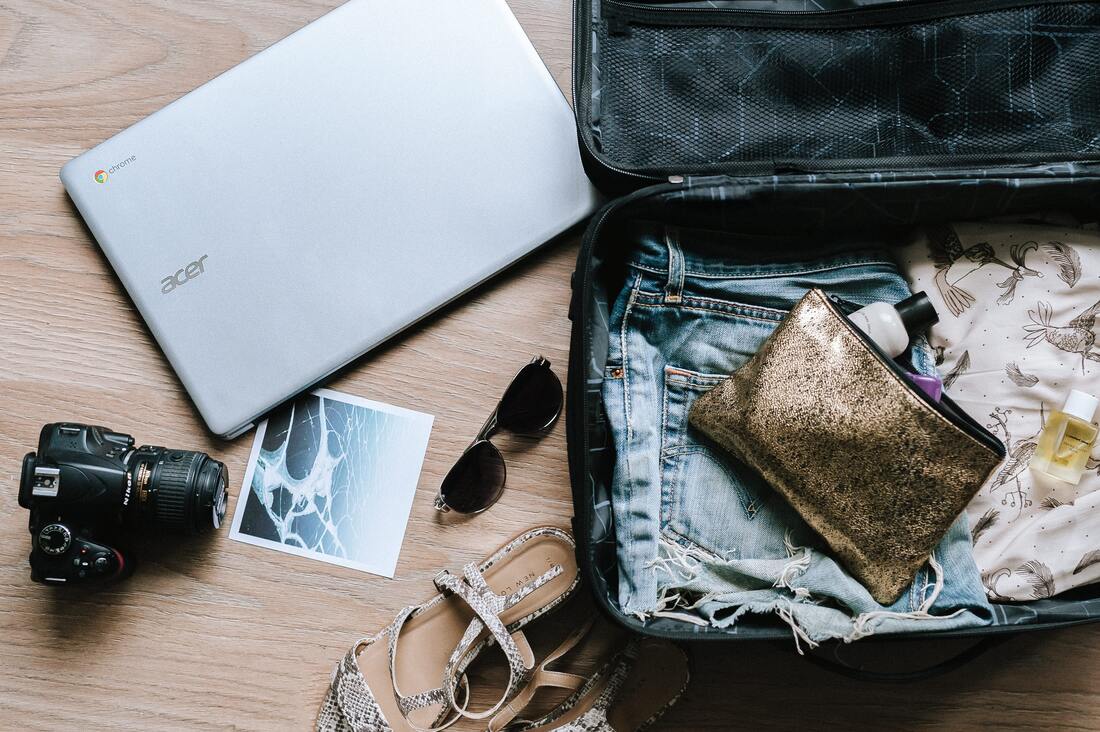
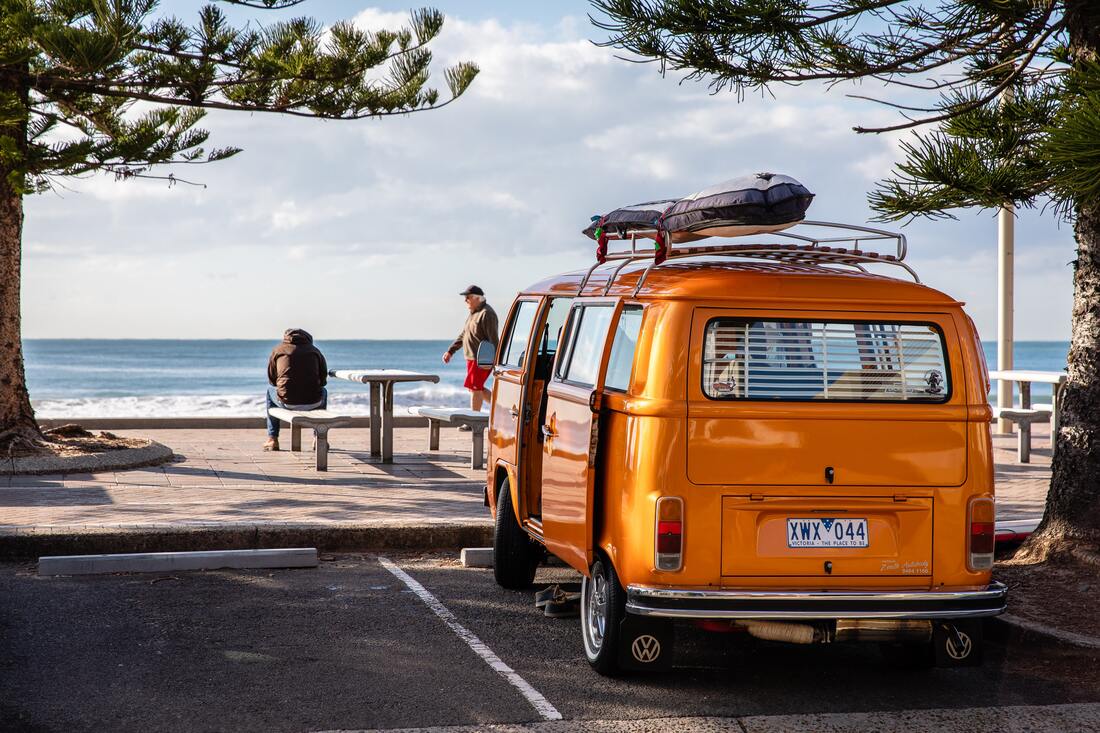

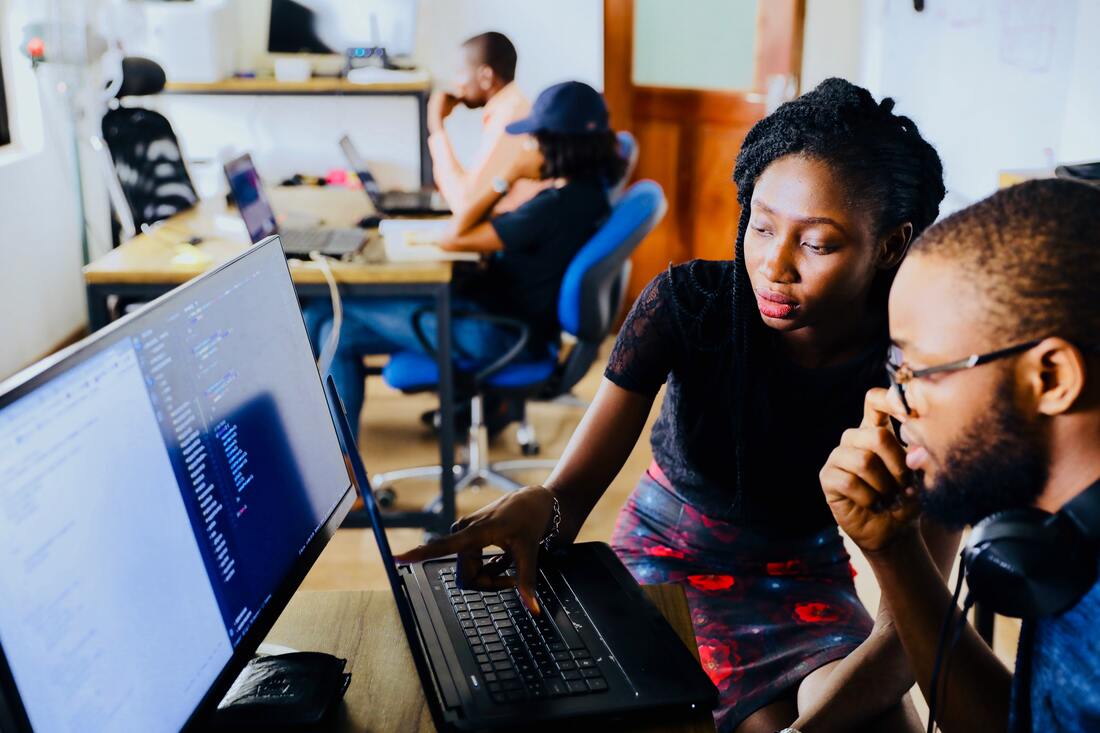
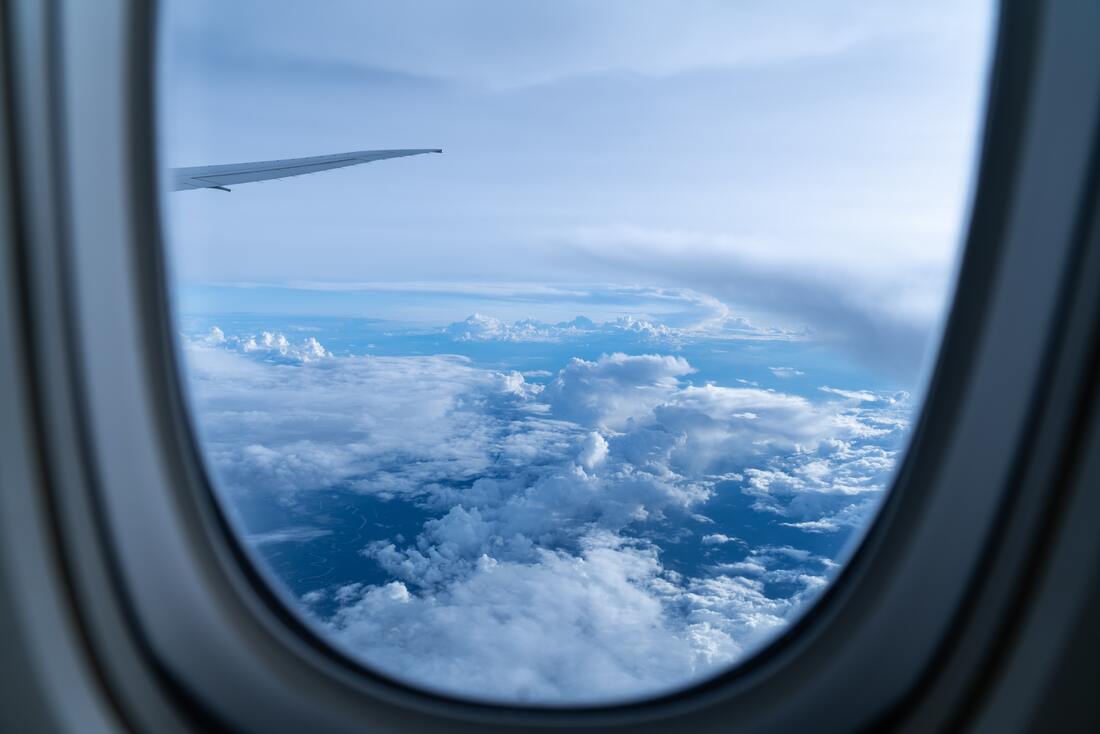
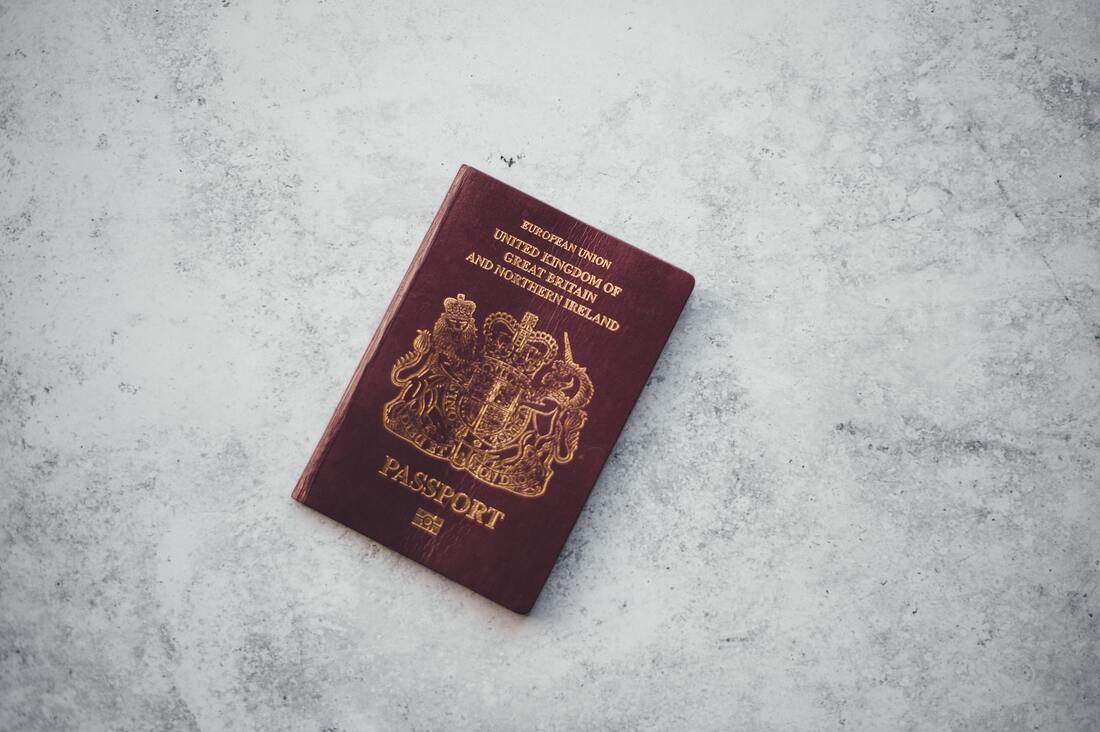
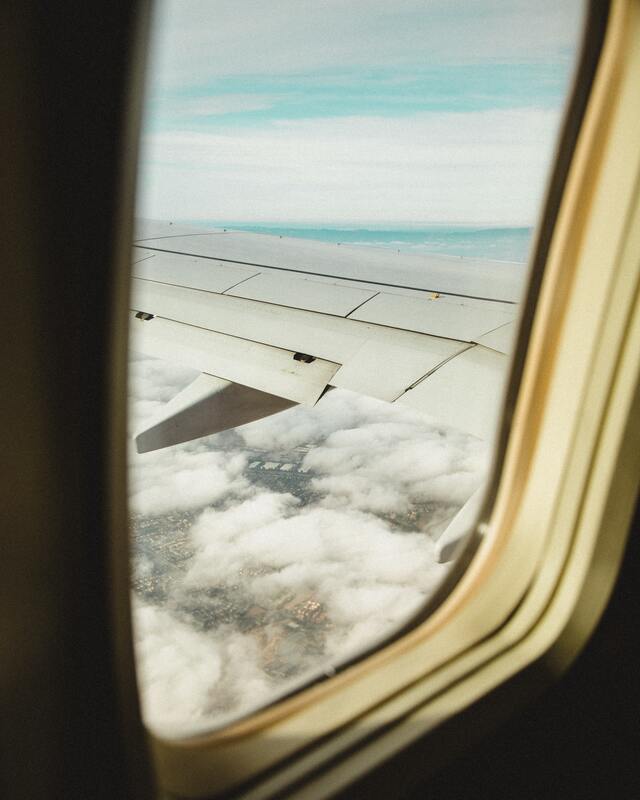

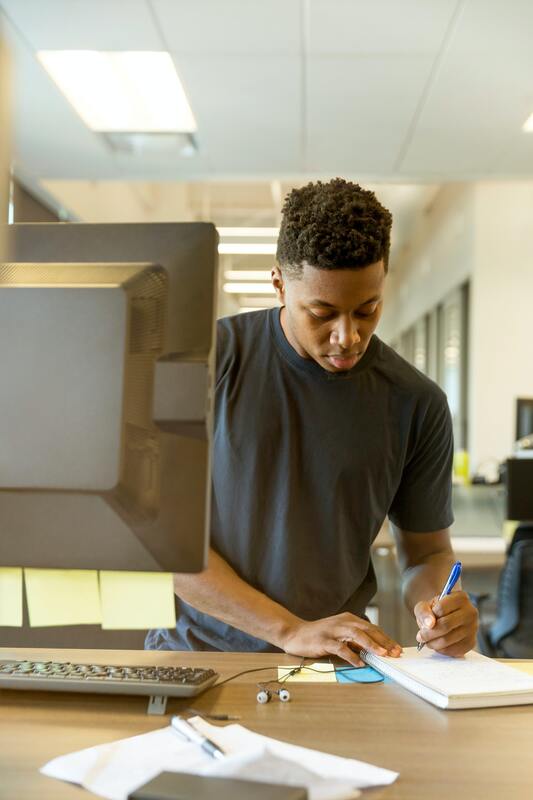
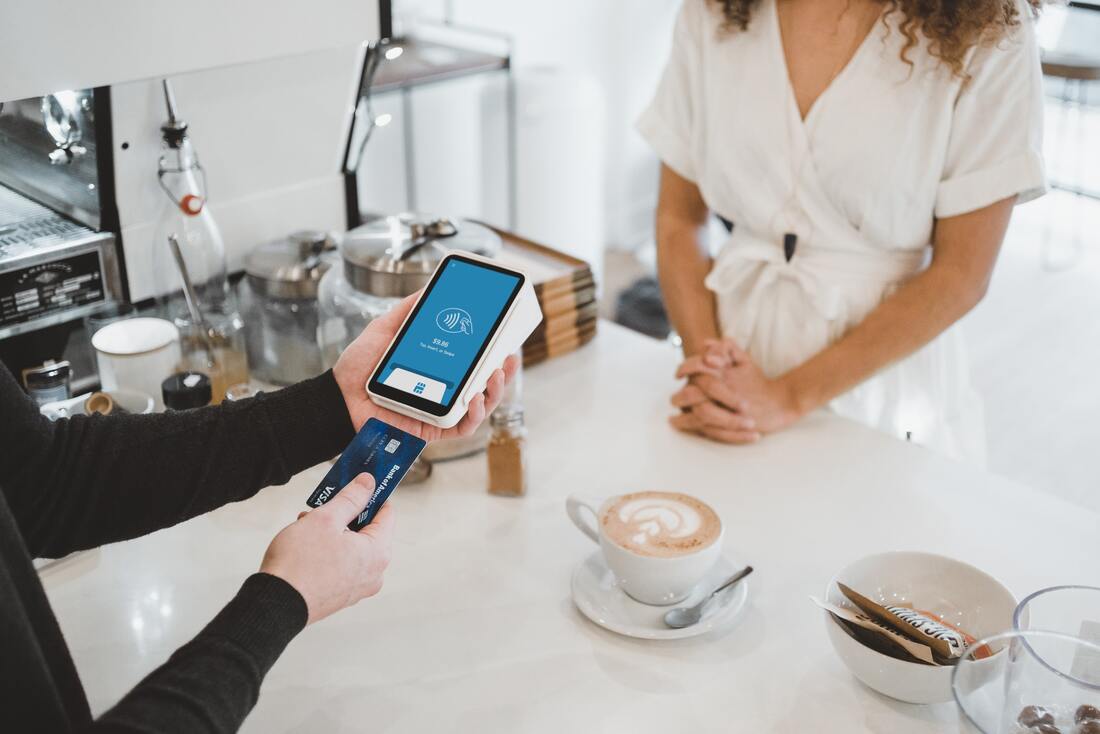

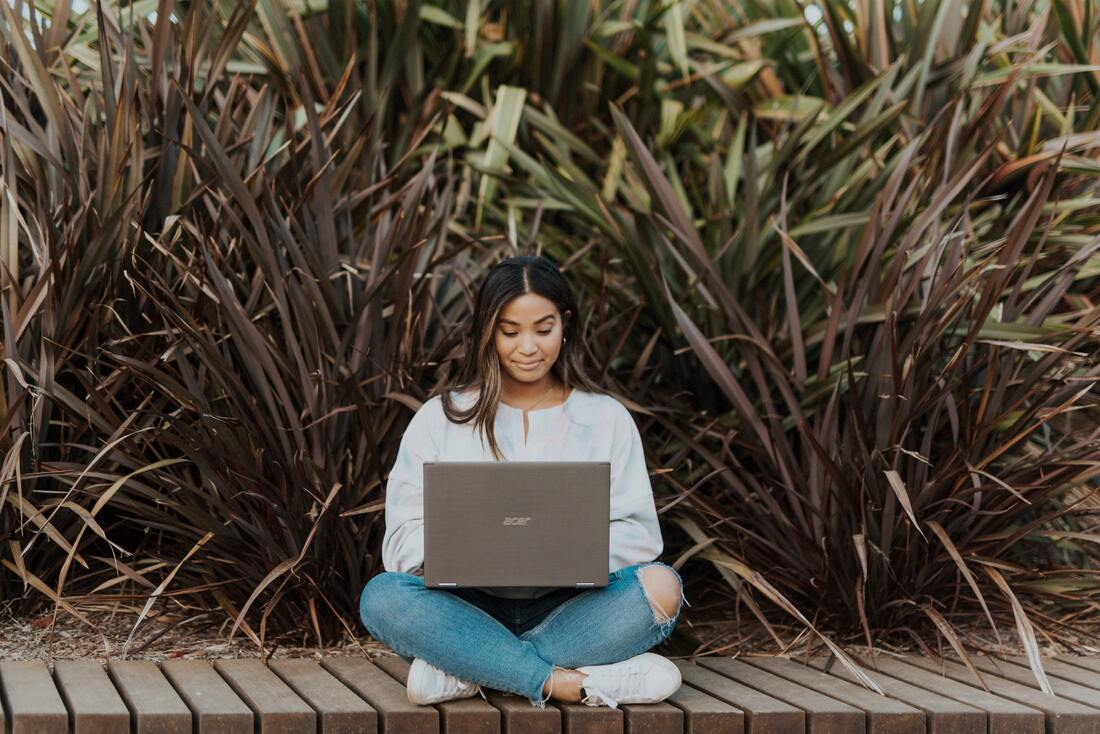
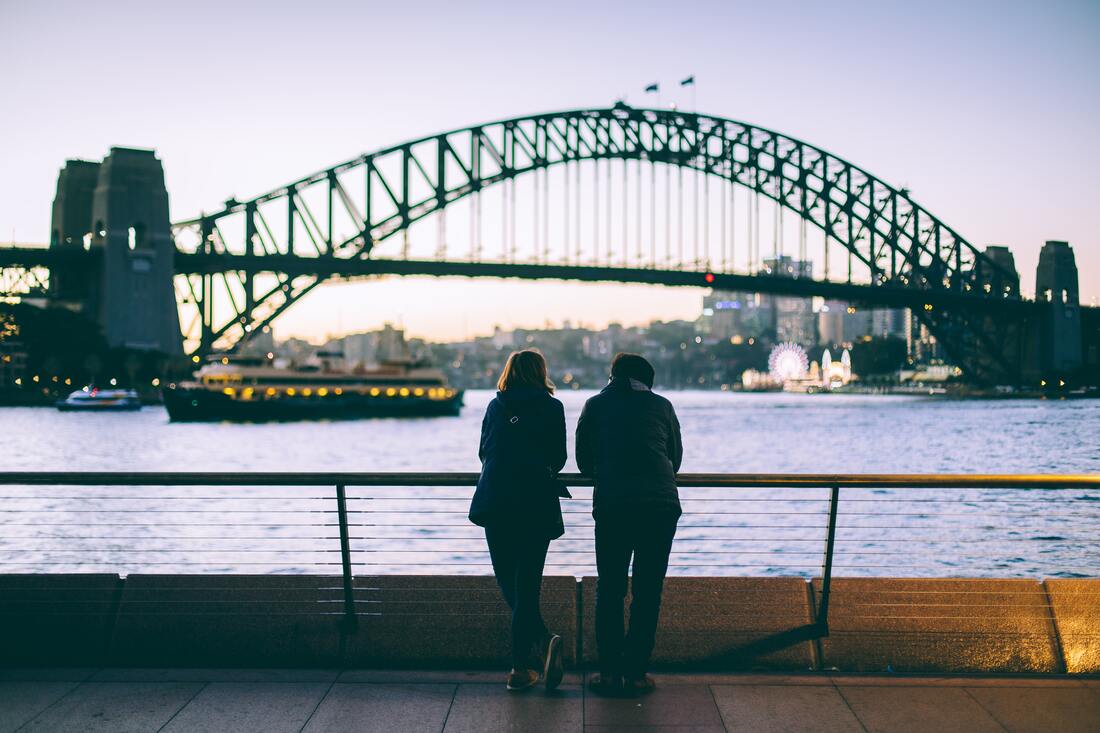
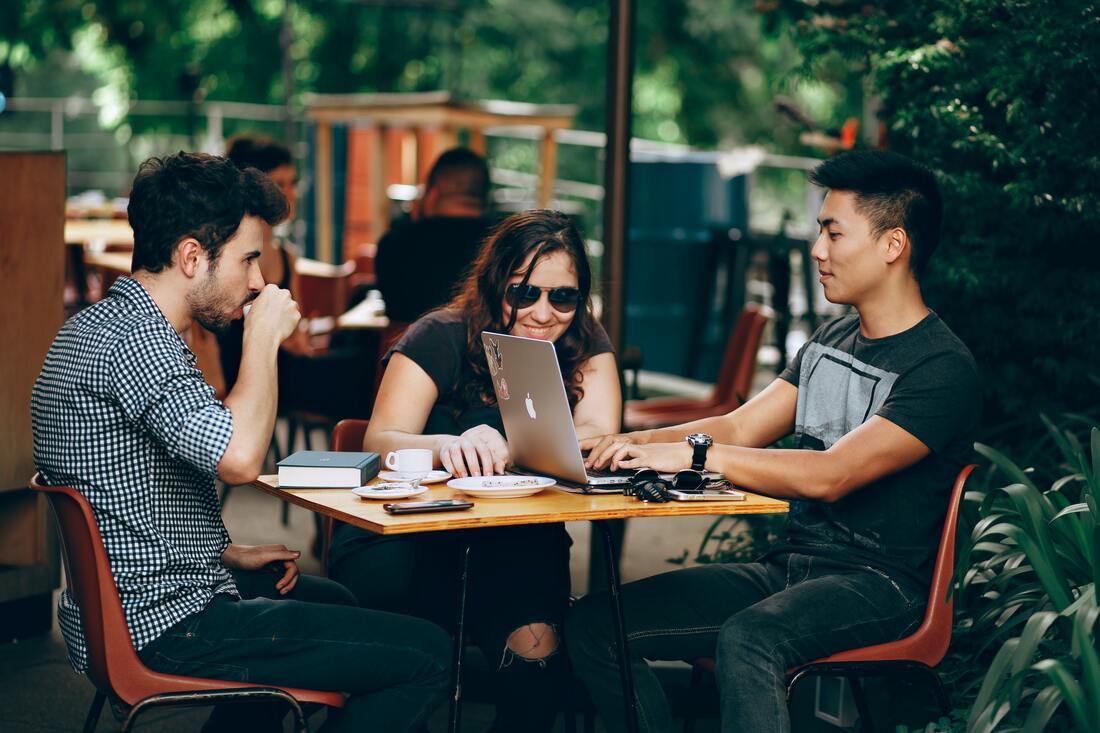
 RSS Feed
RSS Feed


